Coral Bead Vine | Abrus precatorius | Karuppu Sivappu Gundumani
12.99US$
Origin: India Coral Bead Vine has been used in paranormal medicine for centuries to cure various physical disorders. The oil produced using this Coral Bead Vine is said to have aphrodisiac properties.
 |
 |
 |
|---|
Shipping All Over The World
We've upgraded our shipping! All orders now arrive within 7 days to the USA, UK, and Canada via UPS Express and DHL Express.
Quality Guarantee
Our Products are 99.9% Pure and Stocks are fresh. They pass through multiple quality checks before they are delivered to you.
Lowest Prices & Wholesale Orders
We offer the lowest prices for organic products. If you would like to buy in bulk, get in touch with us.
Secure Payments
Pay Securely using paypal, stripe and other secure payment providers.


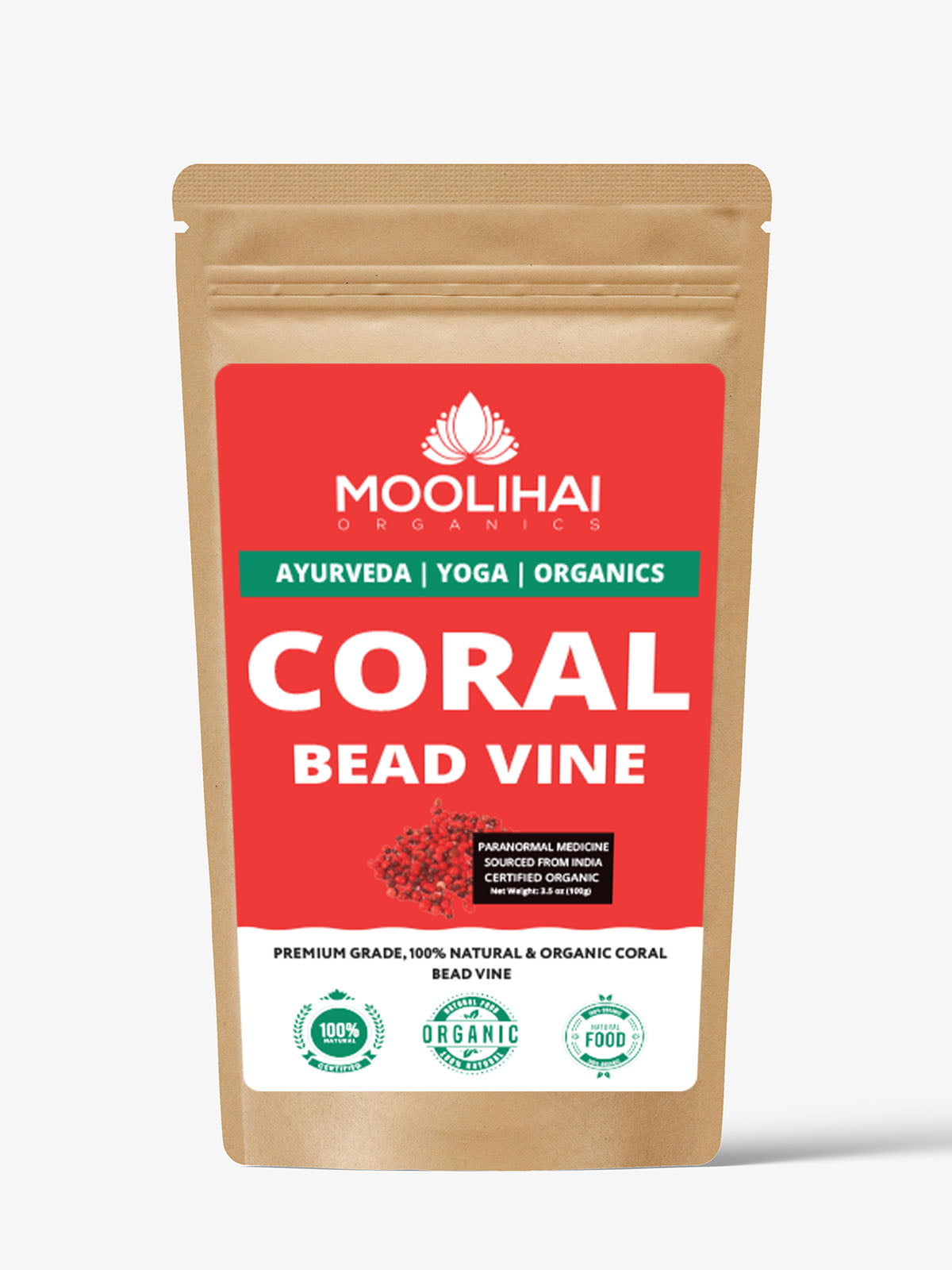
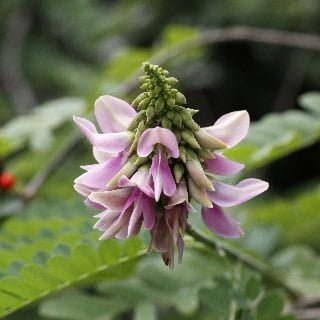
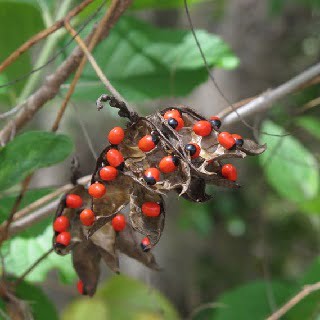

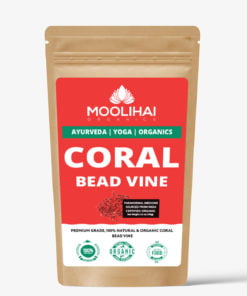



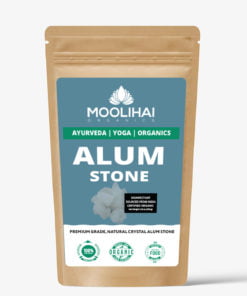
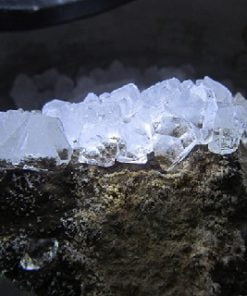
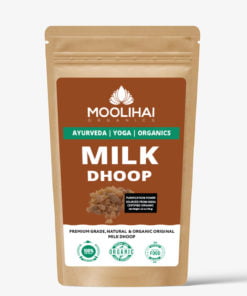

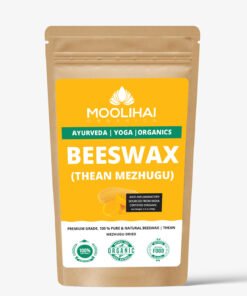

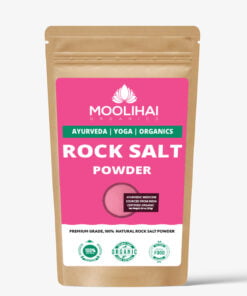



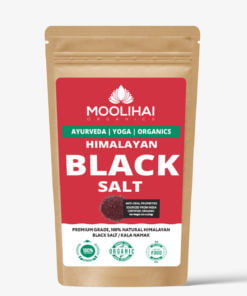

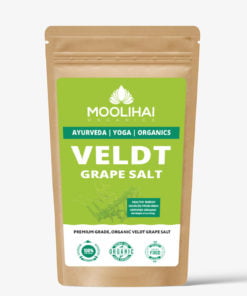

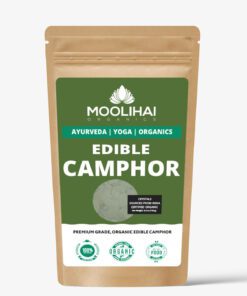


Reviews
There are no reviews yet.